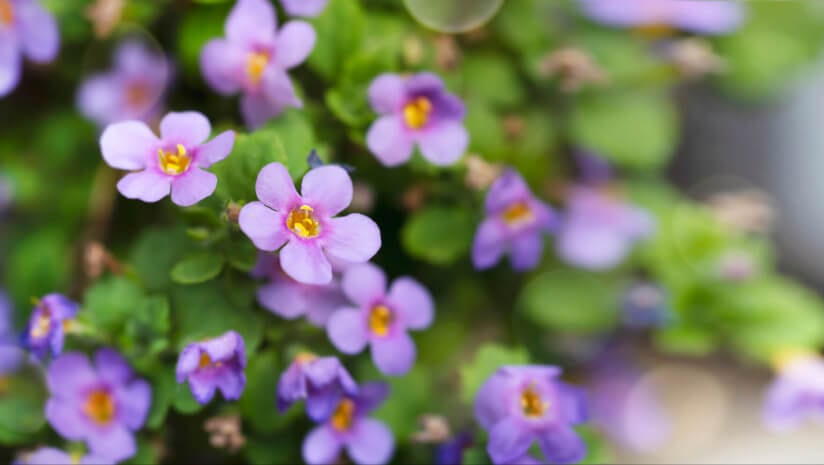Bacopa monnieri, an herb known as brahmi or water hyssop, has a long history of use in Ayurveda for its cognitive health benefits, which include concentration, memory and visual impression processing. A perennial creeper found in marshy wetlands throughout South and Southeast Asia, its bioactive bacosides are thought to interact with the brain’s dopamine and serotonin systems and promote neuron communication.
However, bacopa shares the common Sanskrit name of brahmi with another popular herb from India, gotu kola (Centella asiatica). Due to the use of the same common name, accidental mislabeling of bacopa and gotu kola materials and products in the market are reported on a regular basis, stated the American Botanical Council (ABC) in a press release.
Ayurvedic literature acknowledges the two plant species as legitimate substitutes for each other when used medicinally, added ABC before noting that, while they may share some therapeutic uses, their phytochemical constituents, modes of action, and some of their pharmacological effects differ.
“Due to the use of the same common name for bacopa and gotu kola in some languages, and the interchangeable use in traditional Ayurvedic medicine, these two plants are sometimes mislabeled in the botanical trade,” said Stefan Gafner, PhD, ABC’s chief science officer and director of BAPP. “Such mislabeling is readily detected by analytical laboratory testing. However, manufacturers should be aware of the nomenclatural confusion and take appropriate steps to ensure the correct botanical identity of their materials.”
Top-selling herb
According to the most recent data from ABC’s annual Herb Market Report (HerbalGram #141 ), sales of bacopa-based supplements were almost $3.75 million in the U.S. natural channel (number 34 on the list) and almost $10 million in the mainstream channel in 2023, an increase of over 70% from 2022.
Clarify a nomenclatural issue
The new BAPP bulletin, which was authored by Nilüfer Orhan, PhD, an expert in natural products chemistry and pharmacology, summarizes the available scientific data on adulteration and mislabeling of the aerial parts of bacopa, discusses analytical methods to detect adulteration and provides information about the taxonomy, uses, supply and market status of bacopa. The paper was peer-reviewed by 19 experts in quality control of medicinal plants.
“The primary purpose of our researching and publishing the bacopa bulletin was to clarify a nomenclatural issue,” said Mark Blumenthal, founder and executive director of ABC and founder of BAPP. “Nevertheless, as the bulletin documents, bacopa can also be subject to intentional adulteration and fraud for economic reasons, which adds further value to our publication.”
The BAPP bacopa bulletin is the 30th publication in the series of Bulletins and the 94th peer-reviewed document published by BAPP, led by the ABC (American Botanical Council), AHP (American Herbal Pharmacopoeia) and the NCNPR (National Center for Natural Products Research at the University of Mississippi).


